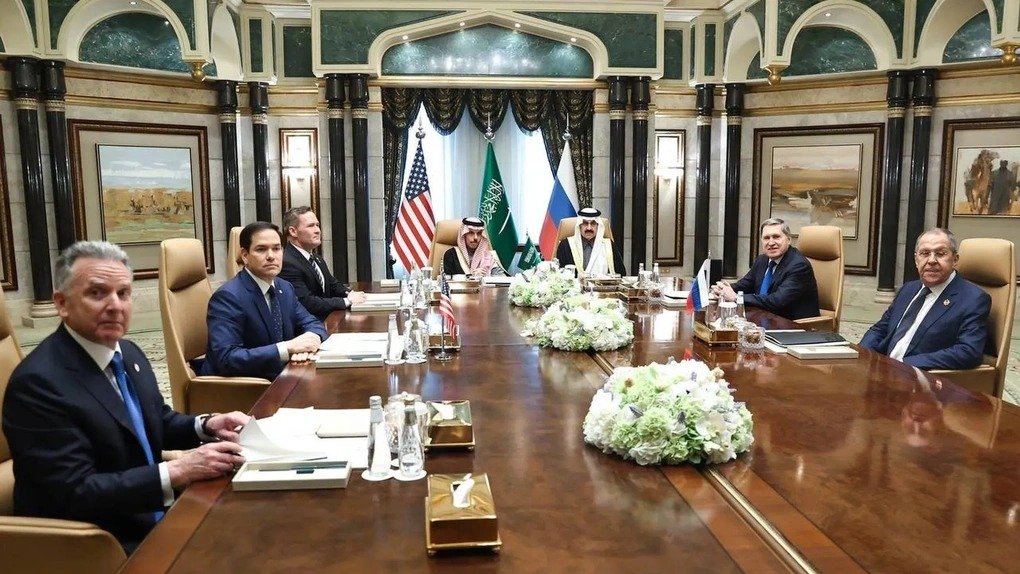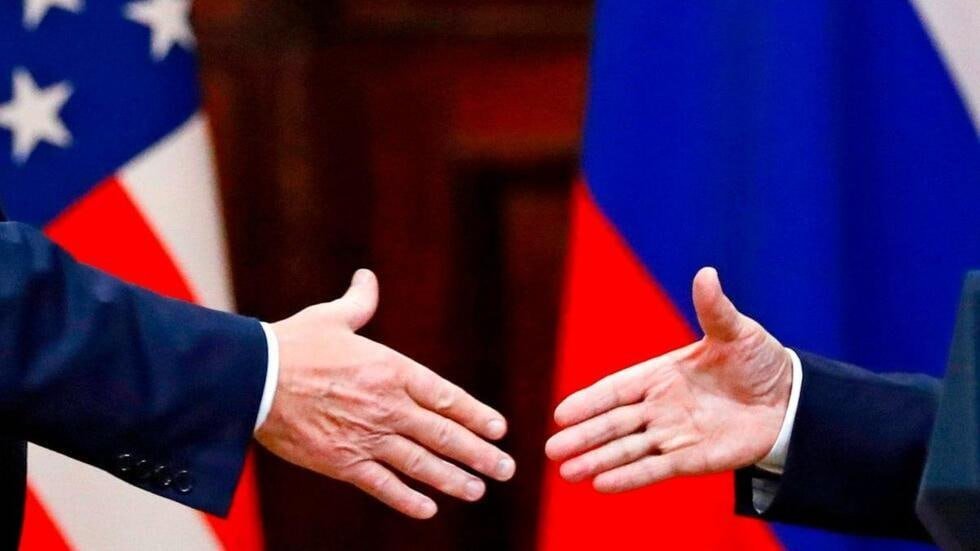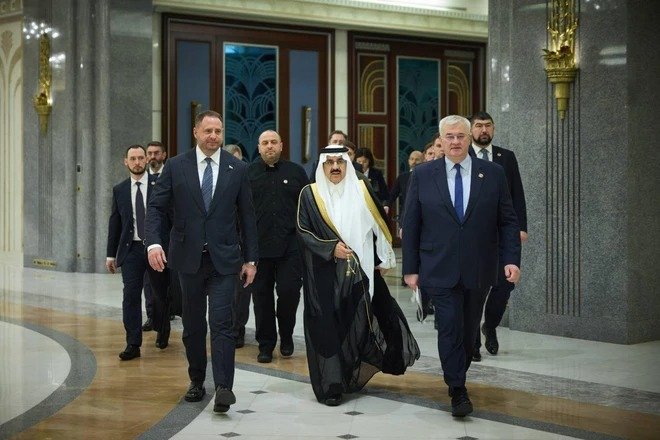The geopolitical landscape is shifting as Saudi Arabia initiates high-stakes diplomatic talks with major global powers. With Russia’s Kremlin issuing a stark warning and the United States making a critical concession at a pivotal moment, the world watches closely. These discussions are set to influence global economic stability, energy markets, and international alliances. This article delves into the intricate details of the Saudi-led talks, analyzing Russia’s stance, the US’s strategic moves, and the broader implications of these negotiations.
## The Significance of the Saudi Talks

Saudi Arabia has long played a crucial role in global politics, particularly in energy markets and Middle Eastern stability. As a key player in the Organization of the Petroleum Exporting Countries (OPEC) and a strategic partner to both Western and Eastern powers, the kingdom’s diplomatic engagements often carry substantial consequences.
The ongoing talks signal Saudi Arabia’s ambition to act as a mediator in escalating global tensions. By bringing together key stakeholders—including Russia and the US—Saudi Arabia seeks to shape policies on energy security, economic cooperation, and military alliances. The stakes are high, and the outcomes of these discussions could redefine power dynamics across continents.
## Kremlin’s Warning: Russia’s Cautious Stance
As the Saudi talks commenced, the Kremlin issued a stern warning, underscoring Russia’s cautious approach to diplomatic negotiations. The warning emphasized Russia’s concerns about Western influence in the Middle East, potential energy market manipulations, and military developments that could threaten its strategic interests.
Russian officials have consistently opposed what they perceive as Western attempts to control global energy prices through artificial market interventions. Moscow is particularly wary of discussions that could lead to policies undermining its oil exports or sanctions that could cripple its economy. The Kremlin’s message to Saudi Arabia and its partners is clear: any agreements that disproportionately benefit Western powers at Russia’s expense will face strong resistance.
Furthermore, Russia has warned against increased US military presence in the region, citing potential destabilization. The Kremlin has maintained strong relations with Middle Eastern countries, including Iran and Syria, and any perceived threats to its influence in the region could lead to heightened tensions.
## The US Concession at G-Hour: A Strategic Move

Amid the heated negotiations, the US has made a significant concession at what analysts call the “G-Hour”—a critical juncture in the talks when key decisions are made. While specifics of the concession remain undisclosed, sources suggest it could relate to oil production levels, military cooperation, or diplomatic engagements with key regional players.
### Possible Areas of US Concession:
1. **Energy Markets:** The US may agree to a more flexible stance on OPEC+ oil production levels, allowing Saudi Arabia and its allies greater control over market fluctuations.
2. **Sanctions on Russia:** Some reports indicate that Washington may ease certain restrictions on Russian oil exports in exchange for strategic cooperation.
3. **Middle East Military Presence:** The US could offer adjustments to its military footprint in the region to reassure both Saudi Arabia and Russia.
4. **Diplomatic Relations:** The Biden administration might consider diplomatic openings with nations like Iran or Syria to facilitate broader regional stability.
This move highlights the delicate balance Washington must maintain between securing its strategic interests and avoiding further geopolitical conflicts. The concession suggests that the US acknowledges Saudi Arabia’s increasing influence in global affairs and is willing to compromise to ensure cooperation.
## Impact on Global Energy Markets

One of the most immediate consequences of the Saudi-led talks will be their effect on global energy markets. Oil prices, already volatile due to geopolitical tensions and supply chain disruptions, could see further fluctuations depending on the agreements reached.
If Saudi Arabia and Russia align on oil production policies, it could lead to higher crude prices, benefiting oil-exporting nations while putting pressure on energy-dependent economies. Conversely, if the US successfully negotiates a deal that stabilizes production levels, markets could see relative stability.
Additionally, the potential easing of sanctions on Russian energy exports would have far-reaching effects. European and Asian markets, which have been adjusting to alternative suppliers, may have to recalibrate their energy strategies in response to new agreements.
## Broader Geopolitical Implications
The Saudi talks extend beyond energy markets, touching on broader geopolitical concerns, including military alliances, economic policies, and regional stability.
1. **Middle East Power Dynamics:** Saudi Arabia’s growing diplomatic clout signals a shift in regional influence, positioning the kingdom as a key mediator in global conflicts.
2. **US-Russia Relations:** The US concession could indicate a potential thawing of tensions between Washington and Moscow, though underlying rivalries remain strong.
3. **China’s Role:** While not directly involved, China’s strategic interests in Middle Eastern energy supplies and global trade routes will be impacted by these negotiations.
4. **European Response:** The European Union, heavily reliant on stable energy supplies, will closely monitor developments and may adjust its policies accordingly.

## Conclusion
The Saudi-led talks mark a pivotal moment in global diplomacy. With the Kremlin issuing a warning and the US making a key concession at G-Hour, the negotiations underscore the shifting landscape of international relations. The outcomes will significantly impact energy markets, geopolitical alliances, and economic policies worldwide.
As the discussions unfold, all eyes remain on Saudi Arabia’s ability to balance competing interests and forge agreements that serve global stability. The coming weeks will reveal whether these high-stakes negotiations lead to lasting cooperation or further geopolitical tensions.
